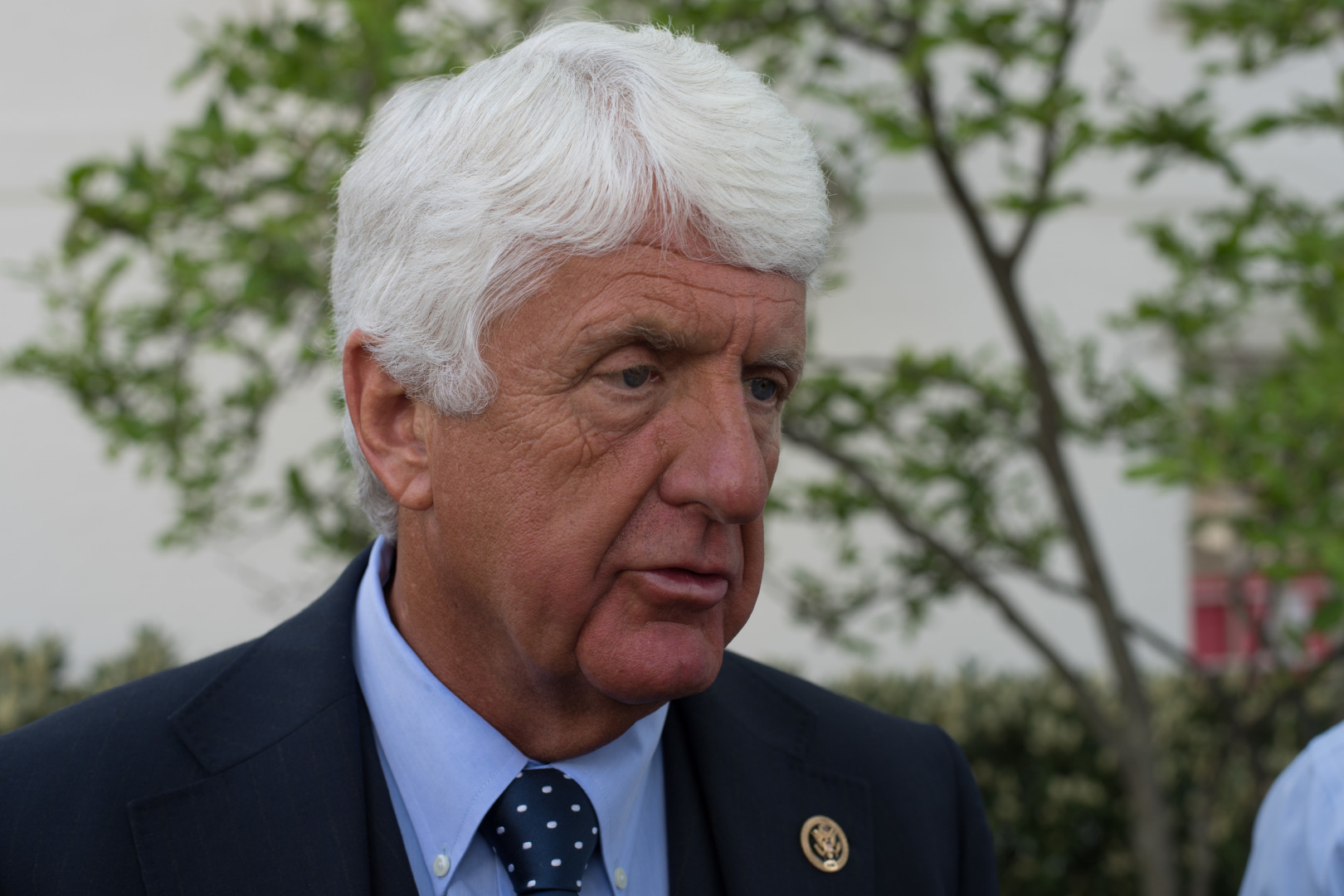April 20, 2016 at 6:24 pm ET
- Share on Facebook
- Share on Twitter
- Share on LinkedIn
- E-mail to a friend



Work continued in the House Wednesday to come up with new language to address the debt crisis in Puerto Rico. But it isn’t clear that members are any closer to an agreement.
No concrete progress had been made by late afternoon, even though lawmakers and senior staff spent the day huddled in the Capitol attempting to appease Republicans and Democrats.
The Congressional Hispanic Caucus met with House Speaker Paul Ryan (R-Wis.) in an afternoon session focused mostly on the effort to draft Puerto Rico legislation that can pass the House.
The most recent Puerto Rico measure was introduced last week but faced strong backlash from both Democrats and Republicans. House Natural Resources Committee Chairman Rob Bishop (R-Utah), who is in charge of guiding the quest for a legislative solution, said last week that members will work on a minor redraft to placate some of lawmakers’ concerns.
Pedro Pierluisi, a Democrat and Puerto Rico’s non-voting representative in Congress, told reporters after Wednesday’s meeting that Ryan is “very much committed” to reaching an agreement on resolving the territory’s debt problems.
As of yet, “there is still no definite timetable” on when a committee vote on the legislation will happen, he said. Key lawmakers continue to regroup after an unexpected breakdown during a scheduled vote in the Natural Resources Committee last week.
Realistically, Pierluisi said he didn’t expect to see an aid package enacted until the middle of next month. That would blow past a May 1 deadline when Puerto Rico faces a roughly $400 million debt service payment.
“Logistically its quite difficult to say that this could become law by May 1st,” he said. “I’m not in charge of the calendar, but that would be amazing.”
Still, Bishop assured reporters Wednesday that “there is no panic mode going on here.” There will not be new legislative language or a committee vote on Thursday, he said. But otherwise, movement could “happen at any time.”
Bishop has previously stated that the financial repercussions from missing the May 1 deadline could be the deciding factor that ultimately wins over hesitant House members. The ranking Democrat on the committee, Rep. Raúl Grijalva (D-Ariz.), agrees that missing the deadline could galvanize lawmakers to act, although he says waiting that long is less than ideal.
In that scenario, he said, “I think we start to appreciate the severity of the fiscal crisis.”
If Puerto Rico fails to make payments on its debt obligations, the impact could ripple throughout the country. Many investors, including retirement-related mutual fund holders, have a stake in the island’s municipal bonds.
Rep. Doug Lamborn (R-Colo.), a subcommittee chairman on Bishop’s panel, said it is unlikely that the Natural Resources Committee will proceed to a vote even next week.
“I think it’d be difficult, from what I know,” he said. “I think the Democrats and Republicans are a little too far apart.”
If he’s right, that would push committee consideration of a new bill well into May, since House members are scheduled to be back home in their districts the week of May 2.
Lamborn, who does not support the legislation in its current form, said part of the problem for some lawmakers has been misleading advertisements from an outside conservative group portraying the House’s effort as a taxpayer bailout.
“It’s not a taxpayer bailout. The trouble is some people are perceiving it as a bailout,” Lamborn said, noting that he has been the target of radio ads urging him not to bailout the island territory. “Sometimes perception becomes reality.”
Nonetheless, Lamborn said his current opposition has nothing to do with these troublesome ads, but rather with his concern that creditors might be treated “unfairly.”
Bishop said staffers for the committee and leaders of both parties, as well as officials from the Treasury Department, had been in meetings all day.
At the moment, the effort to stave off default in Puerto Rico seems wholly centered on the House. The Senate has been disengaged with the issue compared to the nonstop House negotiations.
Bishop said he has little concern for how the Senate feels about his efforts. “I don’t care about the Senate,” he said. “If the Senate doesn’t like the bill, they can draft their own bill … and it would happen quickly.”